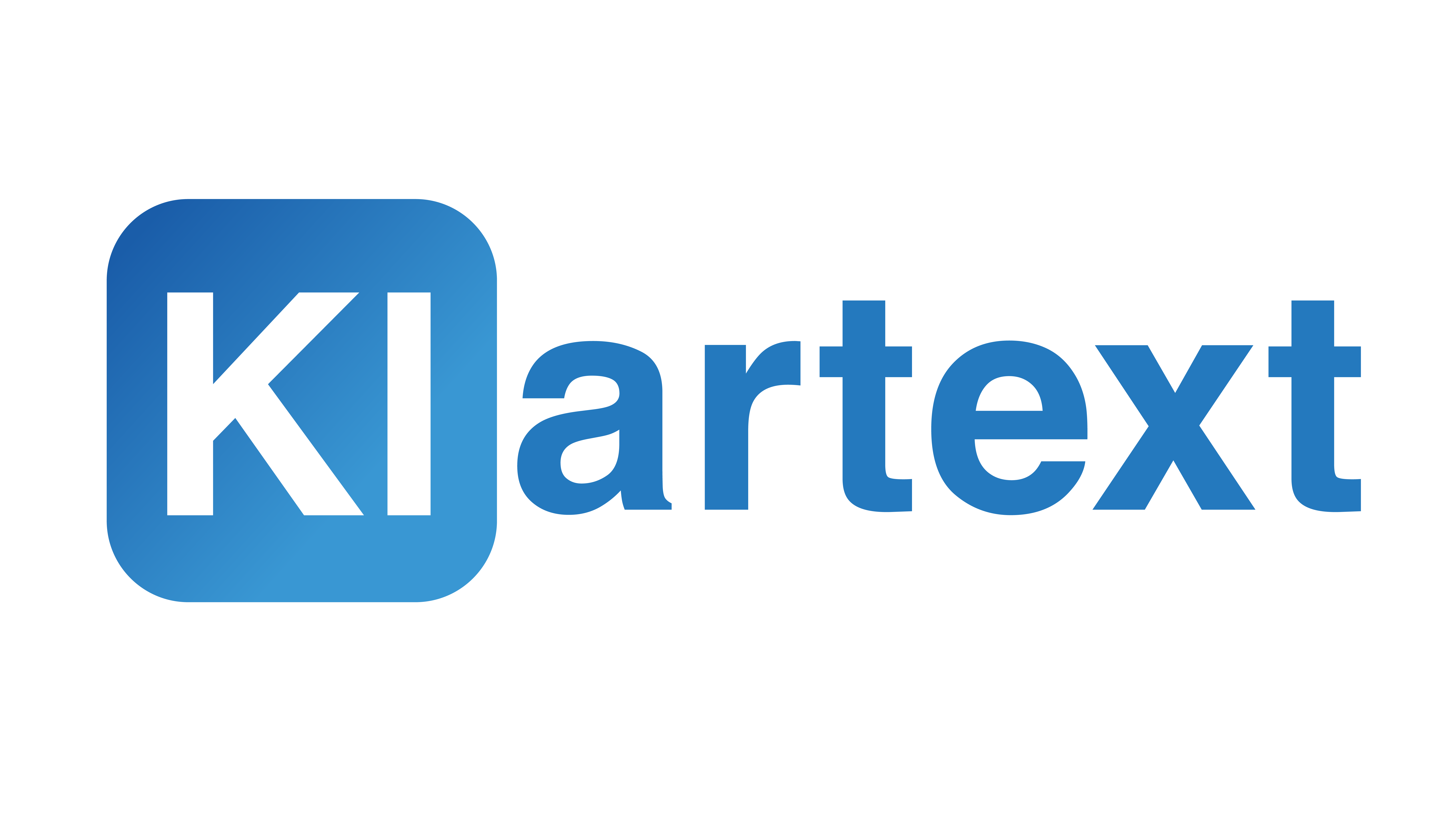Responsibility in AI: Progress that includes everyone
Why responsibility for us is not a buzzword, but daily practice in community work, product development, and client projects.
Responsibility for us means shaping technology for the common good – and bringing society along every step of the way. From voluntary engagement at AI Austria and AI Impact Mission to long-term partnerships with our clients: we understand responsibility as a combination of transparency, dialogue, and clear technical principles.
Why responsibility in AI is not a “nice-to-have”
AI is not a neutral technology. It scales decisions and structures – and with them, errors and inequalities. Anyone who builds and deploys AI automatically influences:
- People – their workflows, decisions, and everyday lives
- Organisations – which processes are strengthened or displaced
- Society – how we deal with knowledge, power, and resources
Responsibility for us means: not ignoring this impact, but actively shaping it.

“Responsibility means shaping technology for the common good – and bringing society along every step of the way.” – Ruben
From community to policy: responsibility on multiple levels
Responsibility is not an abstract value for us, but something that shows up in concrete roles and formats:
- AI Austria: Designing and running open community formats where companies, researchers, and interested people talk about opportunities, risks, and practical applications of AI.
- European AI Forum: Helping ensure that perspectives from Austria and from practice feed into European AI debates and policy processes – from the grassroots to political decision-making.
- AI Impact Mission: Building and moderating a network of more than 500 European AI experts who exchange regularly and run hackathons focused purely on impact topics – free of charge, collaborative, and values-driven.
This creates an ecosystem in which AI is not only discussed, but actively and collectively shaped in a responsible way.
Why voluntary engagement is part of our strategy
Voluntary work is not a “side project” for us – it is part of our identity:
- Open events instead of closed doors
- Knowledge sharing instead of pure product marketing
- Dialogue formats instead of one-way communication
We invest time and energy in formats where people can ask questions, voice uncertainties, and learn together. Because that is the only way AI literacy can reach a broad audience – not just early adopters.
Partnerships instead of one-off projects
Responsibility also shows in how we work with our clients. We are not looking for quick “one-off projects”, but for:
- Long-term partnerships that grow with the organisation’s needs
- Realistic roadmaps instead of overambitious promises
- Measurable impact that makes sense not only technically, but also organisationally
An AI system is never “finished”. It lives from maintenance, feedback, and further development. Responsibility for us means taking this long-term perspective into account from the very beginning – technically, organisationally, and on a human level.
Responsibility in product development
Responsibility is also a guiding principle in how we design AI systems:
- Privacy by Design: Data protection is part of the core architecture, not an optional add-on.
- Transparency about capabilities: We make it clear what a system can do – and what it cannot.
- Human-in-the-loop: Professionals stay in control; AI provides support.
- Evaluation over gut feeling: Decisions are measured, not guessed.
This is how we ensure that AI does not become an end in itself, but actually helps in concrete ways – and can be corrected if necessary.
Bringing society along means creating spaces for dialogue
Many concerns around AI arise from a lack of transparency: black-box models, unclear data foundations, and decisions that cannot be understood. Responsibility also means closing this gap:
- Formats where questions and criticism are explicitly welcome
- Language that is understandable and not only technically correct
- Materials that show practical examples instead of only abstract concepts
Our goal: AI solutions that not only work technically, but can be explained, contextualised, and further developed together.
What responsibility means for our collaborations
When we work with organisations, responsibility means something very concrete to us:
- We are open about what is (not yet) possible.
- We prefer clean, smaller solutions over impressive but fragile setups.
- We think about the consequences – for users, teams, and processes.
- We plan with you instead of planning over your heads.
Responsibility is not a label you attach to yourself, but a daily practice – in decisions, in priorities, and in how we deal with technology and people.
Our compass remains clear: progress only makes sense if it strengthens people, makes organisations more resilient, and brings society as a whole along.
